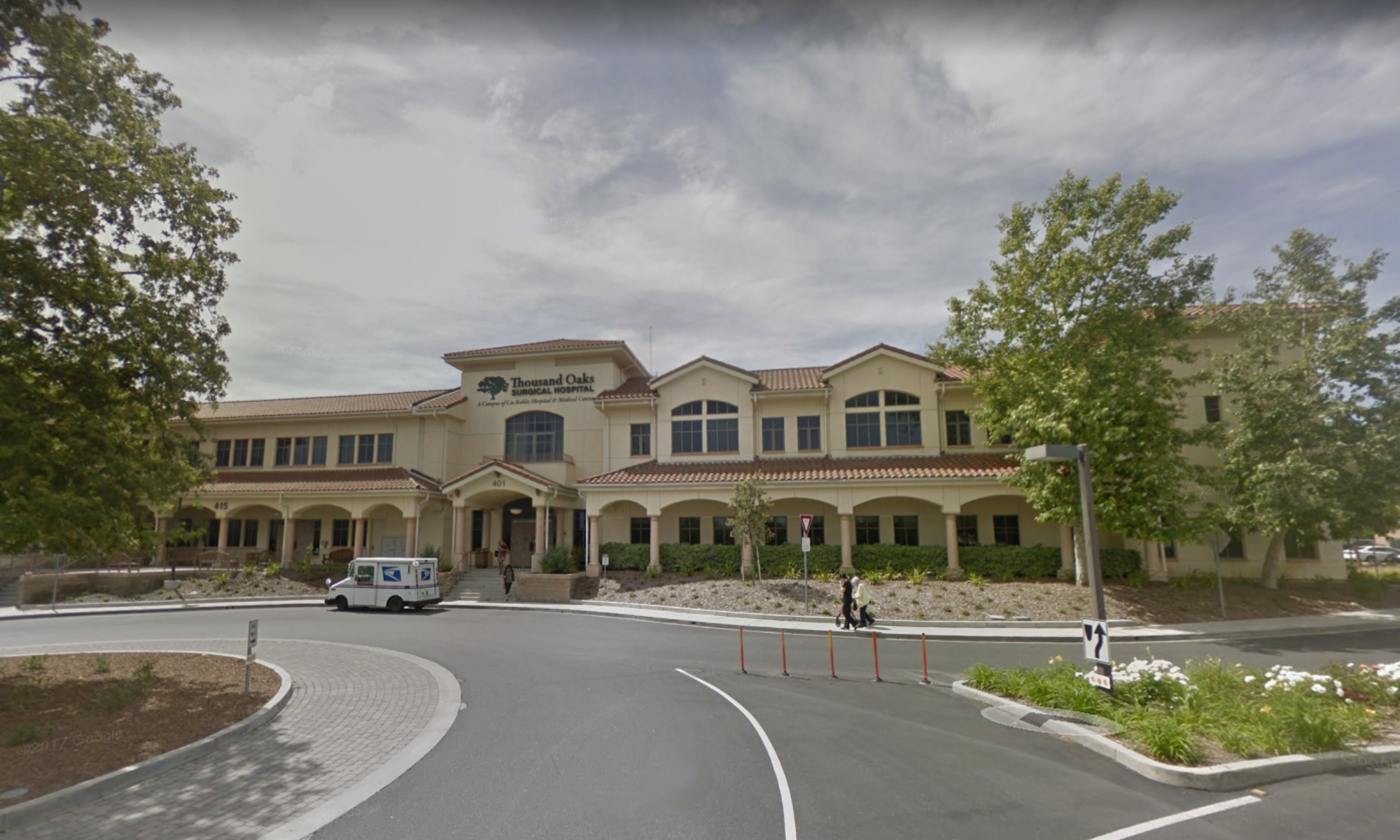In my last three articles on operating expense and NNN pass throughs in a lease, we looked at how expensive it can be for a tenant to pay its share of unreasonable insurance deductibles, property management fees, and landlord employee salaries. This month we dive into how to do a landlord audit of these types of expenses.
First of all, a landlord should be sending you an annual operating expense or NNN reconciliation each year that compares the actual expenses incurred versus the estimated ones that they budgeted and based your estimated payment on.
Second, you should always make the landlord provide reasonable records for each of the expense categories on this reconciliation as I have found that landlords typically don’t give a tenant enough information to determine if the numbers are correct or not. These back up records usually require the landlord to, at a minimum, send you a general ledger showing the payments for each of the expense accounts that make up the total expenses. Many times landlords will also send you supplemental spreadsheets that give more information about how and why they billed the expenses in a certain manner so you understand it better and can make sure that it matches what the landlord is allowed to bill you for in the lease or even to just make sure the expense is reasonable.
I have successfully negotiated many landlord expense audits where, in almost all cases, my client receives a refund and sometimes for many years in the past so the refund can be quite sizable. The ones that go the best for my clients are the ones that have someone like me that understands this area to negotiate their lease before they sign. Having a fair lease, especially in this area of a tenant’s share of expenses, is critical. Deleting unfair expenses, capping other expenses, and much more are necessary to make the lease fair for a tenant.
Again, every tenant and landlord should have their operating expenses audited annually by someone that understands them fully to make sure they are correct. If you don’t, it will cost you much more than hiring someone like me to make sure it’s done correctly. And doing it before you sign the lease is much better than thereafter but it still makes sense to do annually. Landlords simply have too many unreasonable profit centers in their operating expenses/NNN such as management fees, salaries, property tax increases from a sale, high insurance deductibles, and so much more that can really cripple a tenant in an unfair manner.
If you are a tenant or landlord and want to find out how to avoid pitfalls related to leasing, buying, or selling commercial real estate of any kind (retail, office, industrial, etc.), please contact me as I have in depth experience and knowledge in these areas including operating expense/NNN.

